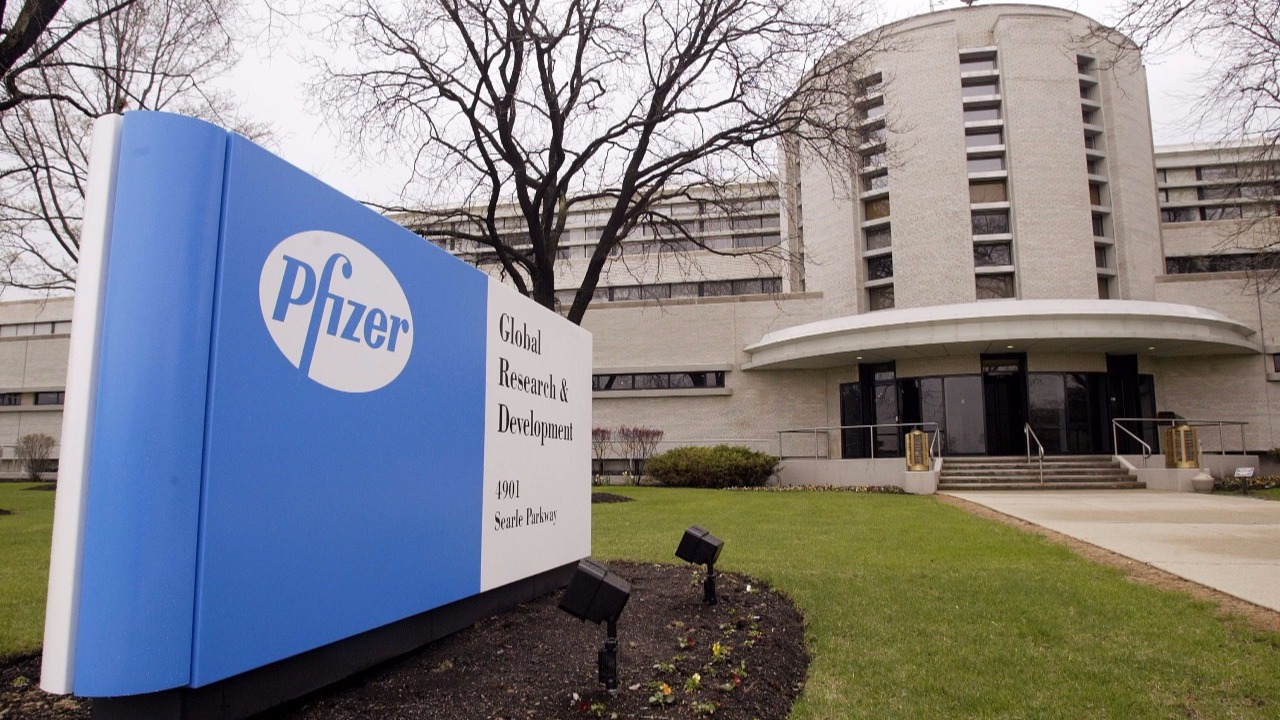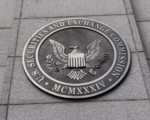Pfizer does not anticipate major changes to U.S. vaccine policies under the Trump administration in 2025, even though President-elect Donald Trump has nominated Robert F. Kennedy Jr., a vaccine skeptic, to head the Department of Health and Human Services (HHS).
Speaking at an investor conference, Pfizer CEO Albert Bourla confirmed he had met with both Trump and RFK Jr. over dinner and described their relationship as positive. “If he’s confirmed, we will work with him to advance the right policies,” Bourla said.
Kennedy has long been criticized for questioning the safety and efficacy of vaccines, which have been instrumental in combating disease worldwide. While he rejects the “anti-vaccine” label, Kennedy has indicated that he would not block access to vaccines. Trump, meanwhile, has suggested that he may end certain childhood vaccination programs if concerns about safety arise.
Bourla highlighted Trump’s commitment to reforming the role of pharmacy benefit managers (PBMs), middlemen in the U.S. healthcare system who negotiate drug prices. Trump announced plans to eliminate PBMs, which Bourla argued could significantly lower patient out-of-pocket costs for medications.
Vaccine Market Outlook
Pfizer, which produces vaccines for COVID-19, pneumococcal disease, and RSV (respiratory syncytial virus), has faced market pressure since Trump’s announcement of Kennedy as his HHS nominee. However, Bourla reassured investors that Pfizer expects 2025 sales for its COVID-19 vaccine and treatment to remain consistent with 2024 levels.
Financial Performance and Turnaround Strategy
Pfizer’s financial outlook provided some relief to investors amid ongoing concerns over its future performance. The company forecasts 2025 adjusted profit between $2.80 and $3.00 per share, in line with analysts’ average estimate of $2.88. It also projects revenue between $61 billion and $64 billion, slightly below Wall Street’s consensus of $63.26 billion.
Shares rose 3.7% to $26.20 following the forecast, though Pfizer’s stock has dropped nearly 12% this year and remains well below its pandemic-era peak. The pharmaceutical giant has faced investor criticism, most notably from hedge fund Starboard Value, over its acquisition strategy and the lack of profitable drugs resulting from recent deals and internal research efforts.
In response, Bourla defended Pfizer’s strategy, which includes aggressive cost-cutting measures and the sale of non-core businesses to reduce debt. The company is under increasing pressure to introduce new blockbuster drugs to offset revenue declines from top sellers set to lose patent protection.
Conclusion
Despite concerns surrounding Trump’s choice of RFK Jr. for HHS and broader investor criticism, Pfizer remains cautiously optimistic about vaccine policies and its financial performance in 2025. The company continues to focus on cost efficiency, innovation, and policy collaboration to stabilize its outlook in a challenging post-pandemic environment.

















